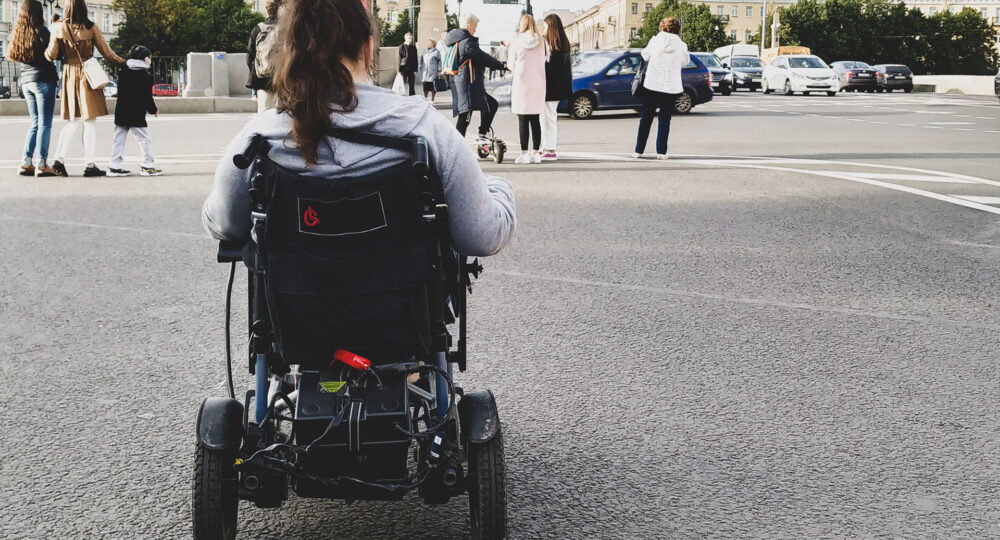Taking into account the current Government advice and advice from ACAS we have put together guidance for employers in light of the current Coronavirus situation.
How can we reduce the risk to our employees?
The risk level is currently identified as moderate. It is good practice for employers to:
· make sure everyone’s contact numbers and emergency contact details are up to date
· make sure managers know how to spot symptoms of coronavirus and are clear on any relevant processes, for example sickness reporting and procedures in case someone in the workplace develops the virus
· Employers should send round an email/guidance encouraging employees to be extra-vigilant with washing their hands, using and disposing of tissues etc.
If someone with coronavirus comes to work
If an employee is taken unwell at work, it may be worth designating an ‘isolation room’ a separate room where an employee who feels ill can go and sit away from the rest of the company and privately call ‘111’ before taking any further necessary action.
If someone with coronavirus comes to work, the workplace does not necessarily have to close. The local Public Health England (PHE) health protection team will get in contact with the employer to:
· discuss the case
· identify people who have been in contact with the affected person
· carry out a risk assessment
· advise on any actions or precautions to take
If an employee is not sick but is in quarantine or self-isolation, do we have to pay them sick pay/Statutory Sick Pay (SSP)?
There is no legal right to sick pay in these circumstances, but it would be good practice. Otherwise you run the risk of them coming into work and potentially spreading the virus to the rest of the workforce.
In relation to SSP, assuming that someone who self isolates does so because they are given a written notice typically issued by a GP or by 111, then they are deemed in accordance with the Regulations (The Health Protection (Coronavirus) Regulations 2020) to be incapable of work, and so are entitled to SSP.
But if somebody chooses to self-isolate, and/or is not given that written notice, then they are not entitled to statutory sick pay (however this may change in the near future)
In addition, The Chancellor of the Exchequer, has announced that the government will reimburse small employers (<250 employees) any statutory sick pay they pay to employees, for the first 14 days of sickness.
What if employees do not want to come to work?
If an employee refuses to attend work, whilst you are entitled to take disciplinary action, but this would not be good practice. Some people, especially those with underlying health concerns may be worried about catching coronavirus and therefore unwilling to come into work.
If this is the case you should listen carefully to the concerns of your employees advise of the current precautionary measures currently in place and if possible consider flexible working arrangements such as homeworking.
Employees can also request time off as holiday or unpaid leave but there is no obligation on employers to agree to this.



